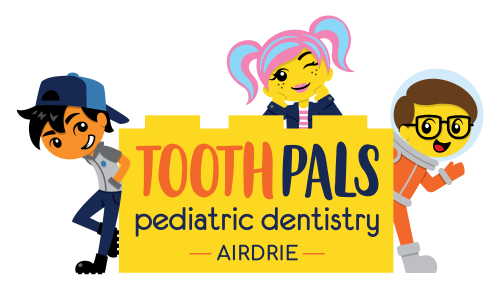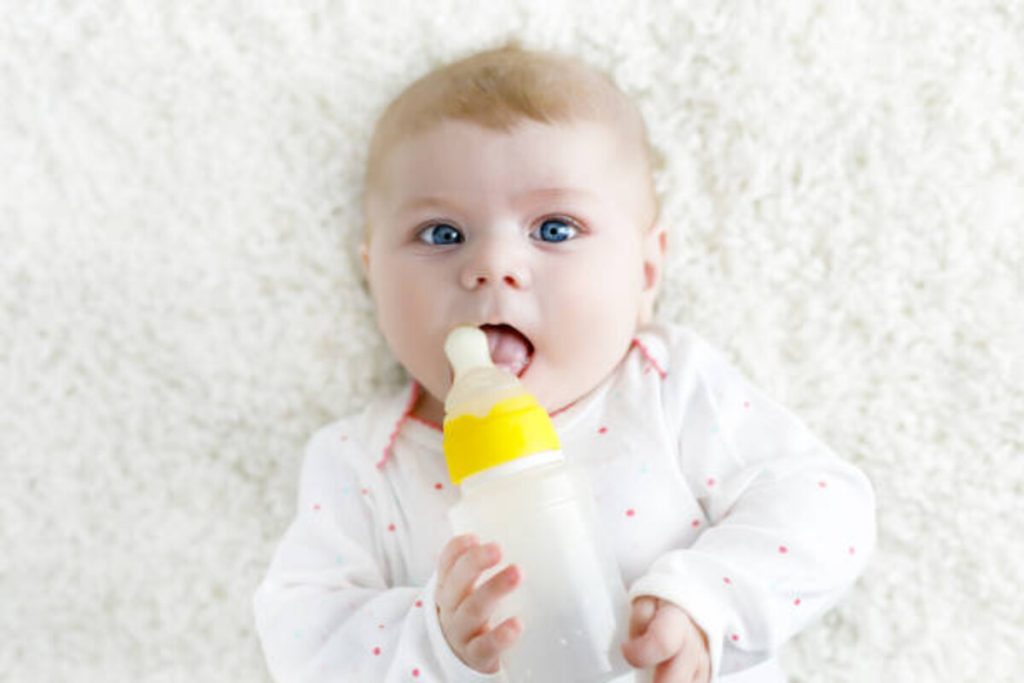Yes, baby bottle tooth decay is real, and it can lead to serious dental problems in young children. This condition, also known as early childhood caries, affects the primary teeth, especially the upper front ones, often due to prolonged exposure to sugary liquids. Though baby teeth eventually fall out, they are crucial for speech development, chewing, and guiding permanent teeth into place.
Understanding this issue is key to protecting your child’s oral health. Many parents don’t realize that even milk and juice can cause decay if they linger in a baby’s mouth too long. With proper care and awareness, baby bottle tooth decay can be completely prevented.
What Is Baby Bottle Tooth Decay?
Baby bottle tooth decay refers to cavities or tooth decay in infants and toddlers caused by frequent and long-term exposure to sugary drinks. These sugars feed harmful bacteria that produce acids, which damage the tooth enamel. According to experts in pediatric dentistry in Airdrie, the risk increases when babies fall asleep with a bottle, allowing the liquid to pool around their teeth for hours.
Why Early Visits Matter?
Your child should visit the dentist by their first birthday or within six months after their first tooth comes in. A trusted pediatric dentist near you can spot early signs of decay, educate parents about oral hygiene, and offer advice tailored to your child’s needs. Preventing decay early can save time, money, and discomfort later.
What Are the Common Causes of Tooth Decay in Babies and Toddlers?
Tooth decay in babies doesn’t happen overnight. It results from a combination of habits and diet over time. Some major causes of tooth decay in infants and toddlers include:
- Frequent consumption of sugary drinks (milk, formula, juice)
- Putting a baby to sleep with a bottle
- Inadequate cleaning of teeth and gums
- Sharing saliva (spoons, pacifiers) with adults who have cavities
- Prolonged breastfeeding or bottle-feeding without proper oral care
Parents often ask, “does milk cause cavities in baby teeth?” Yes, especially if it stays on the teeth for too long during naps or overnight.
Early Signs You Shouldn’t Ignore
Early detection is key. Signs of early childhood tooth decay may look like:
- White spots on the teeth (early enamel breakdown)
- Brown or black stains on the teeth
- Swollen or bleeding gums
- Bad breath
- Irritability when chewing or brushing
If you notice any of these signs, consult a dentist near you for professional advice.
How to Prevent Baby Bottle Tooth Decay
Simple steps every parent can take to protect their child’s teeth. Here’s how to stop baby bottle tooth decay effectively:
- Wipe your baby’s gums with a clean cloth after feedings
- Begin brushing with a soft toothbrush and fluoride toothpaste when the first tooth appears
- Don’t let your baby sleep with a bottle.
- Offer water instead of milk or juice between meals
- Schedule regular dental checkups
- Avoid dipping pacifiers in sweet substances
These habits are part of preventive dentistry for kids in Airdrie and can make a huge difference in your child’s long-term dental health.
The Role of Diet in Oral Health
What your child eats directly affects their dental development. Here are baby-friendly diet tips that help prevent decay:
- Limit sugary snacks and drinks
- Focus on whole fruits over fruit juices
- Include calcium-rich foods for stronger teeth
- Offer plain water between meals
Balanced nutrition plays a key role alongside proper hygiene and routine visits to a pediatric dentist.
Your Partner in Early Oral Health for Kids – Book Your Visit Now!
To keep your child’s smile healthy from the start, focus on prevention, regular checkups, and early education. If you’re concerned about tooth decay or want tips specific to your child, book an appointment with Toothpals Pediatric Dentistry today.
FAQs
Can sippy cups cause tooth decay too?
Yes. If used too often with sugary drinks, sippy cups can expose teeth to constant sugar and lead to decay.
Should I clean my baby’s teeth even before they appear?
Yes. Use a clean, damp cloth to wipe your baby’s gums daily to remove bacteria.
What if my baby refuses to let me brush their teeth?
Make brushing fun with songs or let them watch you brush your teeth first. You can also try finger brushes for younger infants.
Does breastfeeding also cause tooth decay?
Breastfeeding itself isn’t a major risk unless your child feeds frequently throughout the night without cleaning their teeth afterward.
Are fluoride treatments safe for young children?
Yes. Dentists recommend fluoride for strengthening enamel, and it is safe in small, professionally applied doses.

